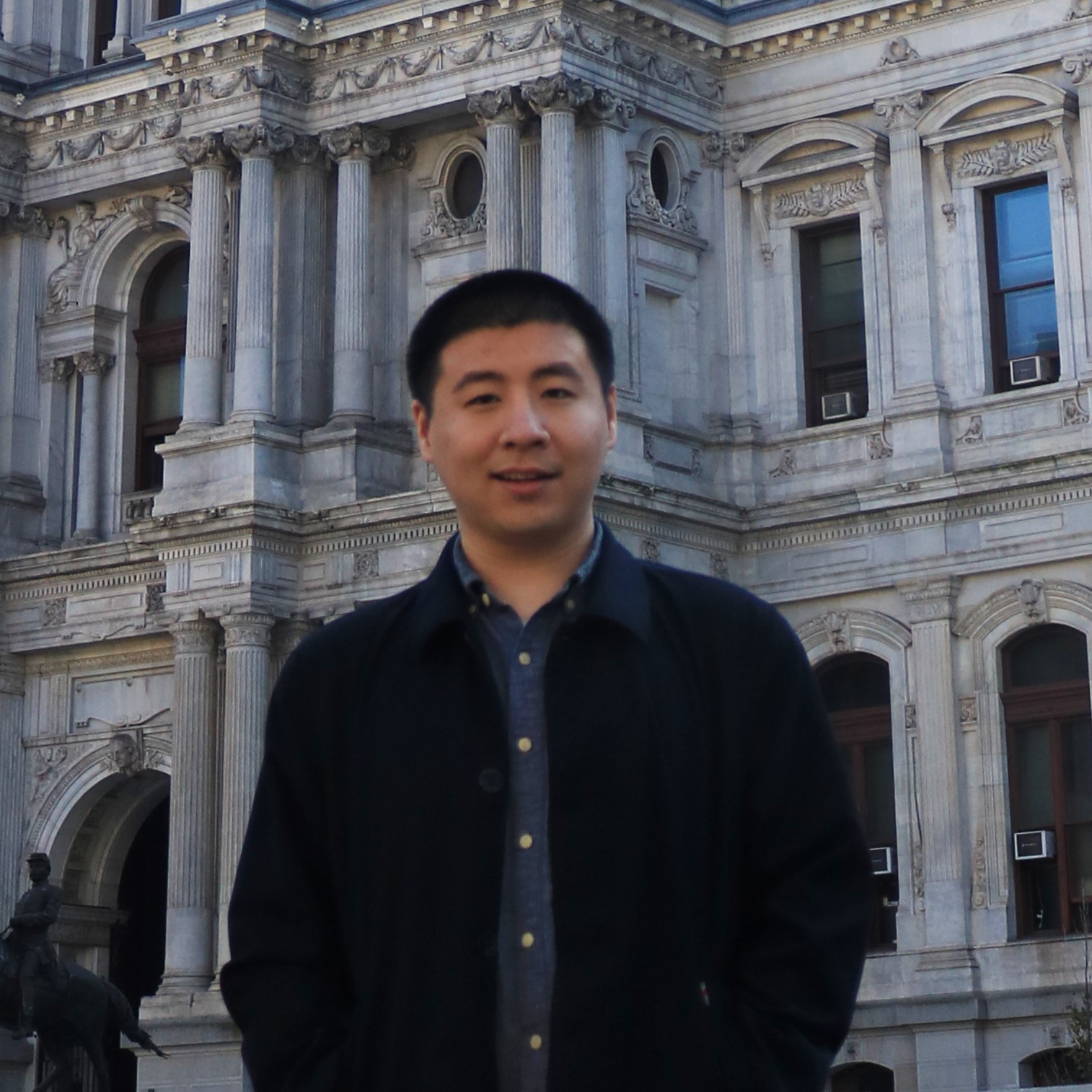
SCSB Lunch Series: Modeling Neurodevelopmental Disorders Using Human iPSC-derived Brain Organoids
Description
Date: Friday, March 26, 2021
Time: 12:00pm – 1:00pm
Location: Zoom Webinar – Registration Required
Register in advance for this webinar: click here
* After registering, you will receive a confirmation email containing information on how to join the webinar.
Speaker: Xuyu Qian, Ph.D.
Affiliation: Simons Postdoctoral Fellow, Christopher Walsh Laboratory, Harvard University
Talk title: Modeling Neurodevelopmental Disorders Using Human iPSC-derived Brain Organoids
Abstract: The human brain has evolved to have a variety of unique traits that distinguish it from other mammalian brains. Increasing evidence suggested these human-specific features may underlie neurodevelopmental disorders that have been challenging to study in animal models. While the developing human brain is inaccessible for direct experimentation, brain organoids generated from human induced pluripotent stem cells (hiPSCs) emerge as a promising in vitro alternative. Previously, we have developed methodologies to reproducibly generate forebrain organoids that dynamically recapitulate the developmental trajectories of mid-gestation human cerebral cortex at molecular, cellular, cytoarchitectural and functional levels. We leverage forebrain organoids as a platform to study congenital brain malformation associated to mutations in KIF26A gene, which encodes a kinesin that is highly expressed in the second trimester of corticogenesis specifically by migrating excitatory neurons. We generated KIF26A knockout hiPSC lines using CRISPR-Cas9 and compared the phenotypes of the mutant organoids with isogenic parental control. Mutant organoids exhibited altered lamination of the subventricular zone and cortical plate, arrested radial migration of cortical neurons, and elevated levels of apoptosis. These phenotypes convincingly relate to the microcephaly and polymicrogyria phenotypes manifested in individuals carrying KIF26A mutations. Finally, we performed scRNA-seq of mutant and control brain organoids and identified cell type-specific changes in gene expression upon loss of KIF26A, underscoring its critical functions in coordinating various pathways related to neuronal migration and maturation.
Speaker Bio
Xuyu received a B.S. in Biomedical Engineering from Worcester Polytechnic Institute, and received Ph.D. in Biomedical Engineering at Johns Hopkins University under supervision of Dr. Hongjun Song. For his thesis work, he pioneered development of novel methodologies to generate brain organoids from human pluripotent stem cells, and employed the organoid models to study diseases including Congenital Zika Syndrome and major psychiatric disorders. In his postdoctoral work, Xuyu is studying the gene regulatory functions of human accelerated regions in brain development.

